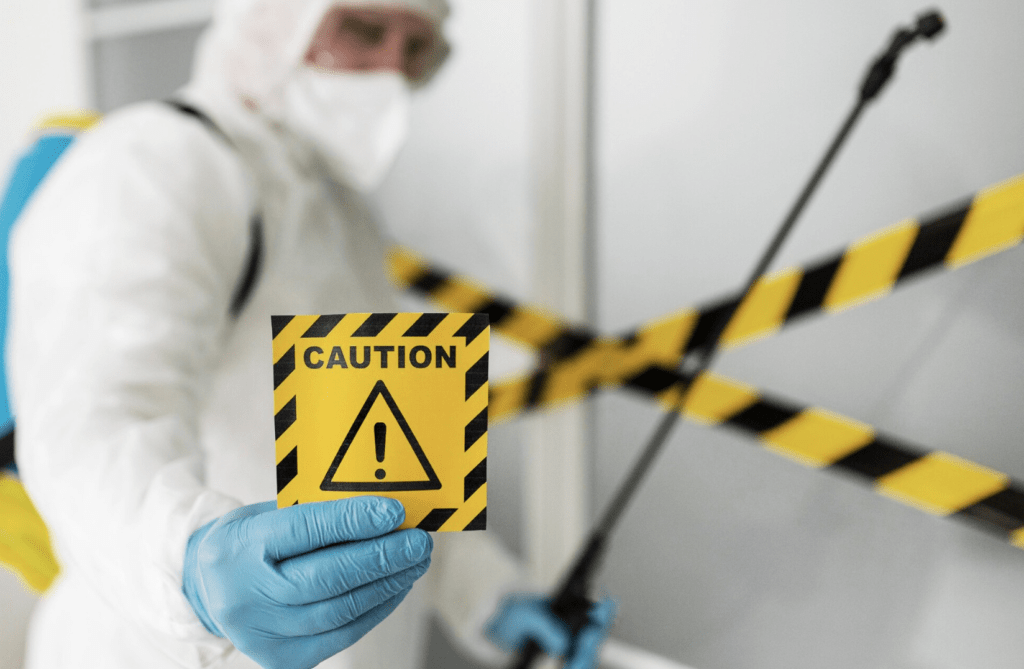Learn about the legal aspects of running a painting business, including obtaining the necessary licenses and adhering to industry regulations. Starting a painting business can be a lucrative venture, but navigating the legal landscape is crucial to ensure your operations are compliant and your business is protected. Understanding the legal requirements for painting businesses, such as licenses, permits, and industry regulations not only keeps you on the right side of the law but also enhances your credibility with clients. This comprehensive guide will walk you through the essential legal requirements for running a successful painting business.
Note: This is country and state dependent, it may not apply to all visitors.
Disclaimer: This article provides general information and is not legal advice. Consult with a legal professional in your jurisdiction for advice specific to your situation.
Understanding the Importance of Legal Compliance
Legal compliance is not just about avoiding penalties; it’s about building trust with clients and establishing a reputable business. Compliance ensures:
- Protection from Legal Action: Minimizes the risk of lawsuits and fines.
- Credibility: Clients are more likely to trust and hire a legally compliant business.
- Business Sustainability: Lays a strong foundation for long-term success.

Business Structure and Registration
Choosing the right business structure affects your taxes, liability, and operational flexibility.
Common Business Structures
- Sole Proprietorship: Simplest form but offers no personal liability protection.
- Limited Liability Company (LLC): Offers liability protection and tax flexibility.
- Corporation: More complex, with benefits like stock issuance and perpetual existence.
Action Steps:
- Choose a Structure: Assess which structure aligns with your business goals.
- Register Your Business: File the necessary documents with your state’s Secretary of State office.
- Obtain an Employer Identification Number (EIN) from the IRS.
Licenses and Permits Required:
Contractor’s License
- Requirement: Many states require a contractor’s license for painting businesses.
- Process:
- Application: Submit an application to your state’s licensing board.
- Exams: Pass any required business and law or trade exams.
- Fees: Pay licensing fees.
- Renewal: Keep the license active through periodic renewals.
Tip: Check your state and country specific requirements as they vary widely in relation to legal requirements for painting businesses!
Business License
- Purpose: Allows you to operate within a specific jurisdiction.
- Obtained From: City or county government offices.
- Requirements: Complete an application and pay a fee.

Employer Identification Number (EIN)
- Purpose: Used for tax reporting.
- Obtained From: IRS website.
- Requirement: Necessary if you have employees or operate as an LLC or corporation.
Local Permits
- Zoning Permits: Ensure your business location complies with local zoning laws.
- Signage Permits: Required if you display business signs.
- Home Occupation Permits: Needed if running your business from home.
Insurance Requirements
Protect your business and comply with legal obligations by securing the appropriate insurance.
General Liability Insurance
- Covers: Third-party claims of bodily injury or property damage.
- Importance: Many clients require proof before hiring.
Workers’ Compensation Insurance
- Requirement: Mandatory in most states if you have employees.
- Covers: Medical expenses and lost wages for employees injured on the job.
Commercial Auto Insurance
- Covers: Vehicles used for business purposes.
- Requirement: Legal requirement for business-owned vehicles.
Environmental Regulations
Lead Paint Regulations
- Law: EPA’s Lead Renovation, Repair and Painting (RRP) Rule.
- Requirement: Certification for projects disturbing lead-based paint in homes built before 1978.
- Process:
- Training: Complete an EPA-approved training course.
- Certification: Apply for firm certification with the EPA.

Disposal of Hazardous Waste
- Compliance: Follow EPA guidelines for disposing of paints and solvents.
- Documentation: Keep records of waste disposal methods.
Occupational Safety and Health Administration (OSHA) Compliance
- Purpose: Ensure safe working conditions.
- Requirements:
- Safety Training: Provide training on hazard communication, fall protection, and personal protective equipment (PPE).
- Recordkeeping: Maintain records of workplace injuries and illnesses.
- Inspections: Be prepared for potential OSHA inspections.
Tip: Regularly review OSHA’s standards for the construction industry. After thorough review you will be more in tune with the legal requirements for painting businesses!
Contractual Agreements and Documentation
- Written Contracts: Always use detailed contracts outlining scope, payment terms, and timelines.
- Change Orders: Document any changes to the original agreement.
- Lien Waivers: Protect against payment disputes.
Benefit: Clear documentation prevents misunderstandings and legal disputes.
Tax Obligations
- Federal Taxes: Income tax, self-employment tax, and payroll taxes if you have employees.
- State Taxes: Vary by state; may include income tax, sales tax, and unemployment insurance tax.
- Local Taxes: Business taxes imposed by cities or counties.
Action Steps:
- Accounting System: Use software like QuickBooks for accurate record-keeping.
- Professional Assistance: Consider hiring an accountant or tax professional.
Employee Regulations
Hiring Practices
- Employment Eligibility Verification: Complete Form I-9 for each employee.
- Background Checks: Comply with the Fair Credit Reporting Act (FCRA).
Labor Laws
- Wage and Hour Laws: Comply with the Fair Labor Standards Act (FLSA) regarding minimum wage and overtime.
- Anti-Discrimination Laws: Adhere to the Equal Employment Opportunity Commission (EEOC) guidelines.
- Family and Medical Leave Act (FMLA): Understand employee rights under the FMLA.
Continuing Education and Certifications
- Benefits: Stay updated on industry best practices and regulations.
- Organizations: Join professional bodies like the Painting Contractors Association (PCA).
- Certifications: Obtain certifications like EPA Lead-Safe Certification.
Navigating the legal requirements of the painting industry may seem daunting, but thorough understanding and compliance are crucial for success. By proactively obtaining the necessary licenses, permits, and insurance, and adhering to industry regulations, you protect your business, employees, and clients. Stay informed, seek professional advice when needed, and make legal compliance a cornerstone of your business strategy.
Frequently Asked Questions
Q1: Do I need a contractor’s license to start a painting business?
A: Licensing requirements vary by state and locality. Check with your state’s contractor licensing board to determine if a license is required for painting contractors in your area.
Q2: What insurance is mandatory for a painting business?
A: General liability insurance and workers’ compensation insurance (if you have employees) are commonly required. Commercial auto insurance is necessary if you use vehicles for business purposes.
Q3: How do I comply with lead paint regulations?
A: Obtain EPA Lead-Safe Certification by completing an approved training course and applying for firm certification.
Additional Resources
